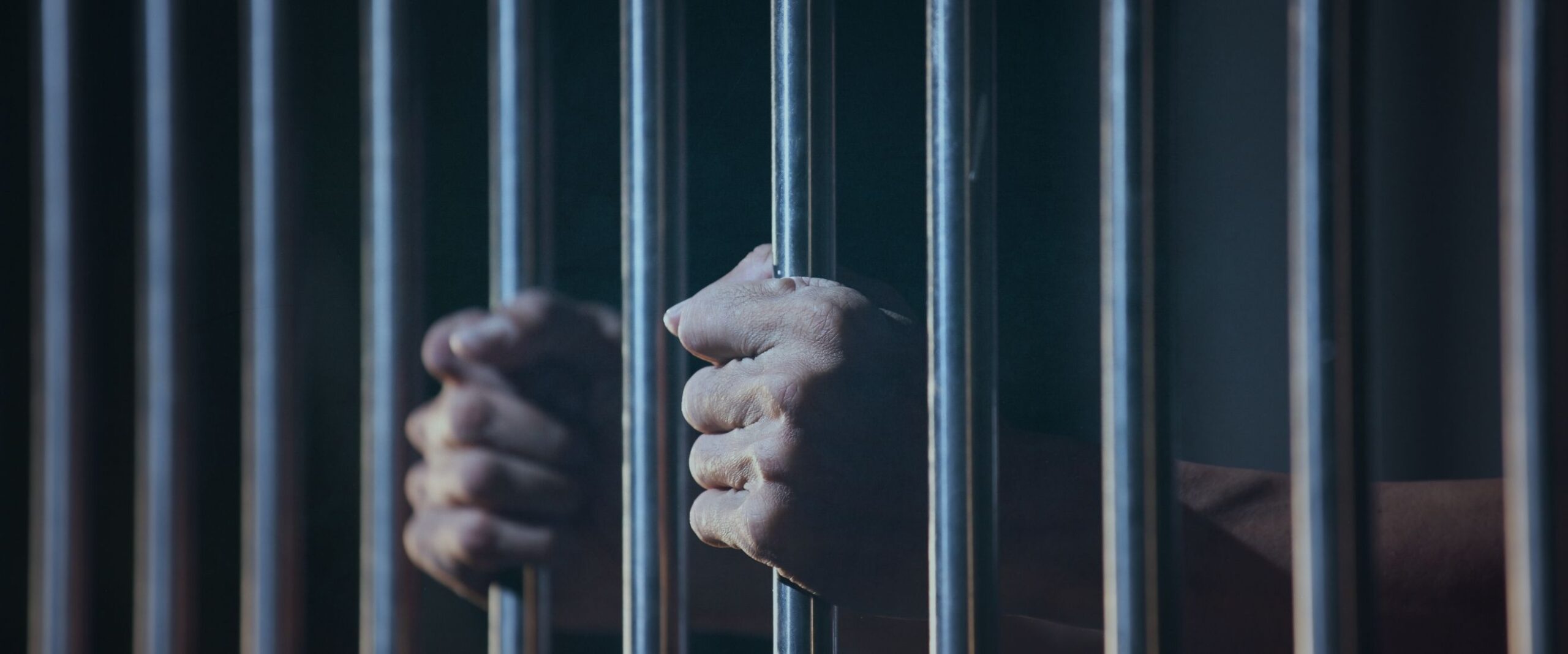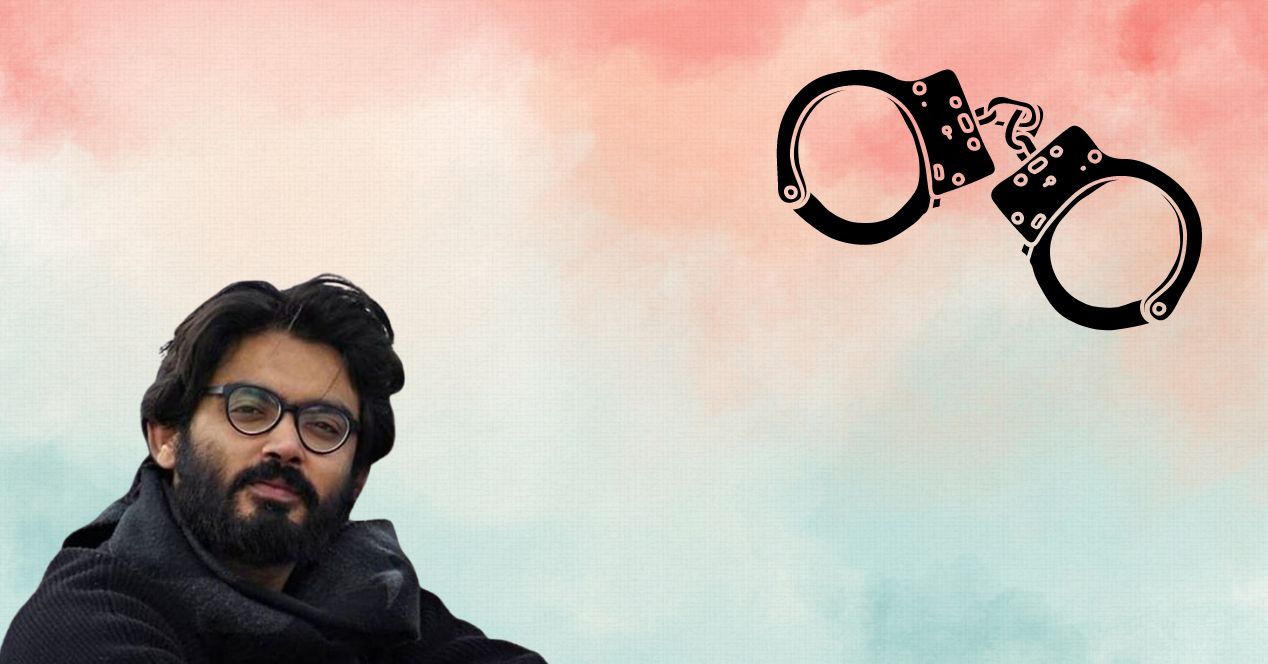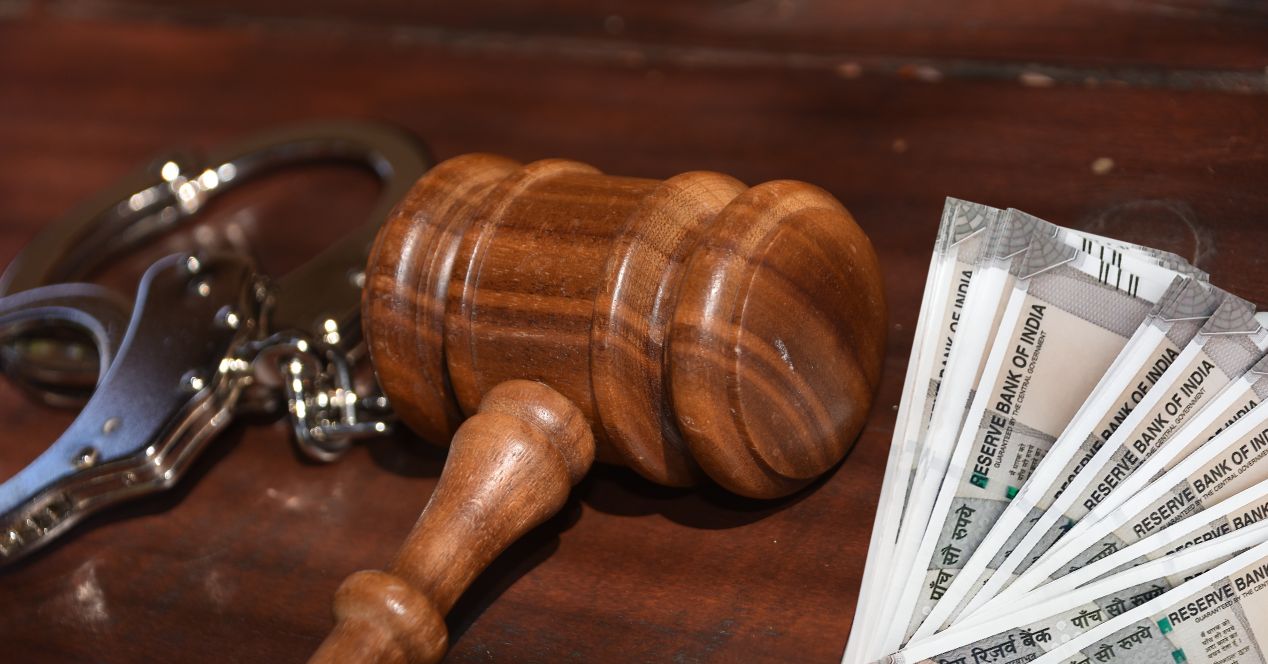Analysis
The Bhima Koregaon Arrests: The Story So Far
Some of the accused activists have finally been granted bail. But charges have not been framed even five years after their arrests

On 1 January 2018, protests and violence spread across Maharashtra following an attack on a gathering of Dalit persons at Bhima Koregaon. At least one person died and three others were injured. An investigation which began with FIRs lodged against pro-Hindutva leaders then took a baffling turn, with a number of renowned activists being arrested for instigating violence through inflammatory speeches at the event, which is also called Elgar Parishad.
Here, we try to untangle the story so far:
A tale of two FIRS
On 31 December 2017, members of the Dalit community had gathered at Bhima Koregaon to commemorate the 200th anniversary of the Battle of Koregaon, where a largely Dalit army, fighting for the East India Company, had defeated the Maratha ruler Baji Rao Peshwa II. Prominent Dalit thinkers and activists consider this battle to be a significant victory against the oppression they faced under Peshwa rule.
At the commemorative event, trouble arose when groups of people carrying saffron flags reportedly attacked the other attendees with swords and metal rods.
Two FIRs were filed following the Elgar Parishad violence. The first FIR blamed pro-Hindutva leaders, Manohar Bhide (also known as Sambhaji Bhide) and Milind Ekbote, for carrying out the violence. The second FIR alleged that “Leftist groups with Maoist links” had instigated the violence.
In the investigation that followed, the Pune Police arrested several activists based on the second FIR. These arrested persons include activists Rona Wilson, Varavara Rao, Sudha Bharadwaj, Stan Swamy, Arun Fereira, Gautam Navlakha, and Vernon Gonsalves. They were accused of “waging war against the nation”, promoting enmity between different caste groups, and spreading Maoist ideology.
Was evidence planted on the activists’ electronic devices?
As many of the arrested persons were not present at the Elgar Parishad, the Pune Police’s chargesheet relied on evidence retrieved from the electronic devices seized from the arrested activists. This allegedly included crucial documents pointing towards the activists’ role in the Bhima Koregaon violence as well as a purported plan to assassinate Prime Minister Narendra Modi.
An independent investigation by a US-based digital forensics firm, Arsenal Consulting, disputed the Pune Police chargesheet. This investigation claimed that Wilson’s laptop, which allegedly contained most of the incriminating material, was hacked over the course of 22 months, and 52 files were planted to incriminate the activists. Further, the investigation suggested that there was no evidence to prove that Wilson was aware of the incriminating material on his laptop. The report concluded that Wilson’s co-defendants were also targeted in a similar manner.
The case before the Supreme Court
On 29 August 2018, five persons filed a joint petition challenging the arrests of the activists by the Pune Police. They claimed that the arrests were arbitrarily carried out to curb dissent and that there were serious procedural lapses in the police investigation. The petition pointed out that many of the arrested persons were not present at Elgar Parishad and that they had publicly dissented against the government in the past.
On 28 September 2018, a three-judge Bench comprising then CJI Dipak Misra and Justices D.Y. Chandrachud and A.M. Khanwilkar dismissed the petitions by a 2:1 majority. The majority held that since the arrested persons themselves were also party to the petition, no request for change in the investigative agency would be entertained. Justice Chandrachud dissented. He questioned the Pune Police’s conduct during the investigation, pointing out that they created a negative bias against the accused, and recommended the appointment of a Special Investigation Team (SIT).
The NIA takes over
On 22 January 2020, the Uddhav Thackeray-led Maharashtra Vikas Aghadi ordered a fresh probe into the case. Two days later, the investigation was taken over from the Pune Police by the centrally controlled National Investigation Agency (NIA).
Old Age, ill health, and bail under the UAPA
Of the 16 persons arrested in relation to the Bhima Koregaon violence, only five have received bail so far while one person—Stan Swamy—died in custody. Since the arrested persons were charged under the Unlawful Activities (Prevention) Act, 1967 (UAPA), investigating authorities repeatedly opposed bail applications citing the seriousness of the charges. The accused have pointed out that they were denied bail for years despite a number of them suffering from old age and serious medical conditions.
The case made international news when Swamy died in custody on 5 July 2021. The 84-year-old’s bail pleas had been denied over the course of three years despite him suffering from Parkinson’s and other age-related conditions. Critics also pointed out that the NIA refused to provide simple accommodations like a straw and a sipper to Swamy for weeks despite his ailing condition.
Lawyer and activist Ms. Sudha Bharadwaj was the first to receive bail among the 16 arrested persons. The Bombay High Court, on 30 November 2021, observed that Bharadwaj satisfied all the conditions for default bail while rejecting the bail pleas of eight others. A year later, on 18 November, the high court granted bail to Anand Teltumbde, observing that the evidence did not suggest his involvement in the case. Teltumbde had already spent over two years in custody.
P. Varavara Rao, the 82-year-old poet and activist, was granted bail by the Supreme Court on 10 August 2022, on account of his advanced age. On 10 November 2022, Gautam Navlakha received limited respite when the Supreme Court directed that the 70-year-old be shifted to house arrest.
On 29 July 2023, the apex court granted bail to Vernon Gonsalves and Arun Ferreira.
Twelve commissions extensions
On 1 July 2023, the Maharashtra government extended the Bhima Koregaon Inquiry Commission’s deadline to 30 September 2023. The Commission, formed in February 2018, was initially granted four months to submit its report but was unable to do so due to the COVID-19 pandemic. A total of 12 deadline extensions spread across five and a half years have been granted to the Commission so far.




